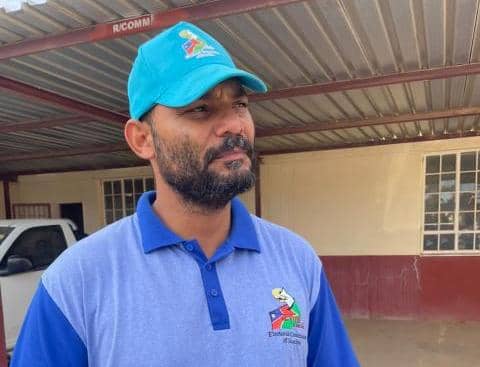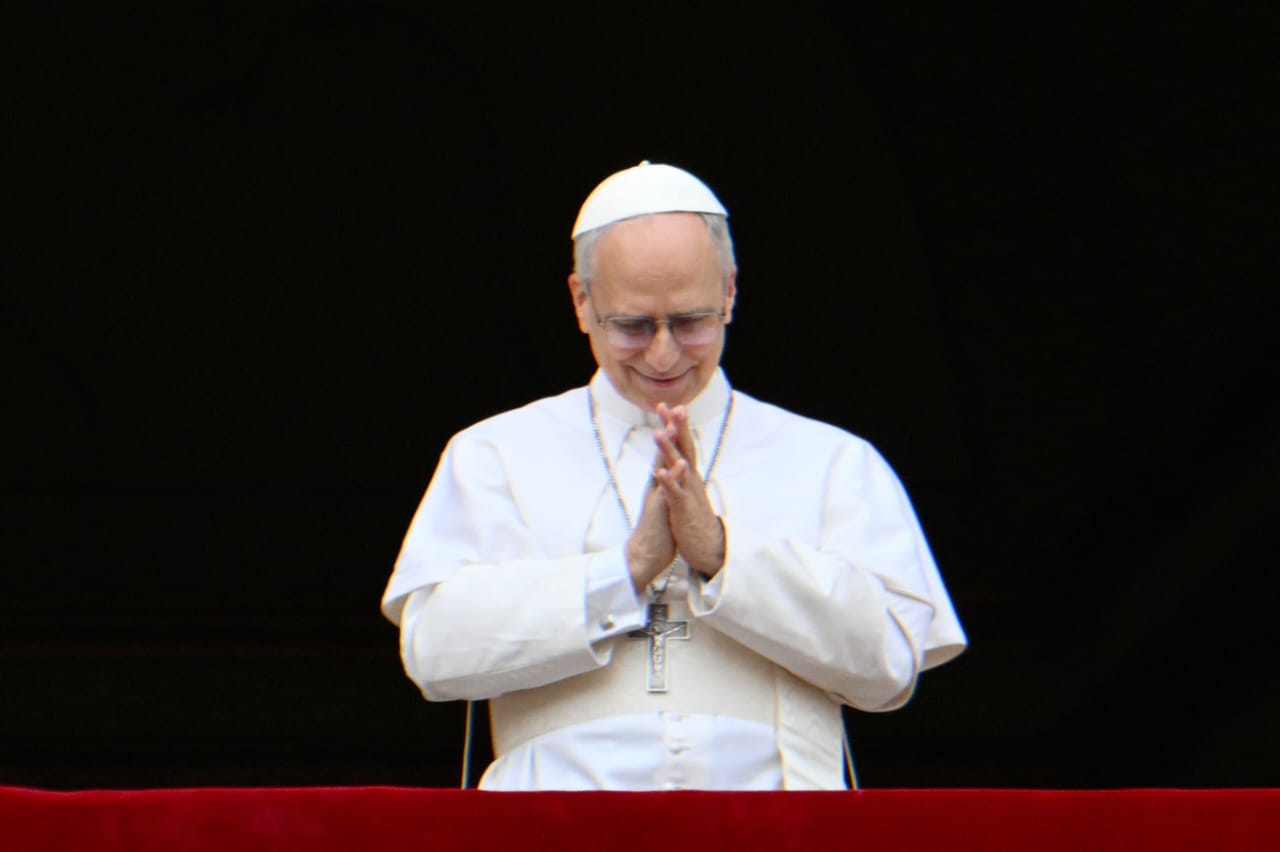IT is assumed in liberal economic thought that an increase in trade would automatically lead to increased availability of jobs, improved supply of goods and services, decline in prices and thus increased welfare for the people.
This thinking seems to inform the creation of the SADC Free Trade Area (FTA). But how solid is this argument? I would argue here that unless governments in the Southern African Development Community (SADC) get their political kingdoms in order first, (to paraphrase Kwame Nkrumah), such a venture (the FTA) would be an exercise in futility and likely to have a limited impact on the lives of many.
Free trade arrangements cannot become the mantra for development. It is not a substitute for good and sound domestic political and economic policies. This must start on the home front and not at the SADC Secretariat in Gaborone as it is assumed in certain quarters. The poor in SADC would not suddenly become well off simply because goods are now moving ‘freely’ across national borders.
Take Namibia as an example. Beef and fish, which are two of the country’s main export products, are almost out of reach for most ordinary Namibians. So how would the FTA suddenly make them cheaper than they were before? Or how could a car assembled in SA now become affordable?
The other point to make and which is generally recognized in the literature, but perhaps overlooked or ignored by policy makers and advocates of the FTA, is that ‘we consume what we don’t produce and produce what we don’t consume’. The issue here is that most of the goods and products that we need still have to come from outside the FTA area and even from beyond the African borders. If one looks at the export figures from all the SADC countries, the highest percentage goes to the outside world – thus intra-SADC trade is very low and mainly dominated by SA.
Which leads to the question of who will export or import what to whom? Thus the bigger economies like SA might take advantage of the FTA arrangements and the smaller economies become the losers. Companies in neighbouring countries are frequently unable to compete with South African enterprises. Remember the constant complaints from the Namibian dairy and beer industries and others that their South African counterparts are out-competing them by selling their products cheaper here? Capitalism is always afraid of its own shadow, isn’t it?
The other problem is that SA itself has most of the resources and almost all the industrial goods that the other SADC member states could export.
Don’t get me wrong. There is nothing fundamentally wrong with the SADC FTA idea, but we should not romanticise it too much. Secondly, we should also not parade the poor as being the main beneficiaries in such ventures. This has become a familiar song that this or that project or investment would benefit our people (read ‘the poor’).
The FTA is important for the private sector and is thus an agenda for capital and not necessarily for the ‘people’. So, don’t lapse into the outdated economic notion of the so-called trickle-down effect. Because unless there is a conscious and deliberate government policy to uplift the living standards of the people, wealth will never trickle down but instead upwards. Namibia, Angola, SA etc, have failed to do that. A country like Venezuela, for example, with more progressive policies, represents the opposite face of what can be done to get people out of poverty.
Before we get trapped in the euphoria of the SADC FTA, we should perhaps take a cue from all the globalisation talk and the supposed benefits that were to accrue to individual countries. We are still waiting for that promise.
The other issue that the FTA does not address is the free movement of people across national borders to take advantage of the many jobs that supposedly would be created when this process gets into full swing. And according to SADC 2003 projections, 85 per cent of trade in goods would have been free already by 2008.
There is a price to regional integration in the form of lost local opportunities and lost tariffs and revenue. The end winner, as usual, is capital not the national treasury.
Do I hear somebody promoting Team Namibia’s products? This is too late because the floodgates of free-market economy have been opened. But it would be interesting to see how individual countries will balance the rhetoric of integration and the national interest. Perhaps a restricted FTA?
Stay informed with The Namibian – your source for credible journalism. Get in-depth reporting and opinions for
only N$85 a month. Invest in journalism, invest in democracy –
Subscribe Now!










